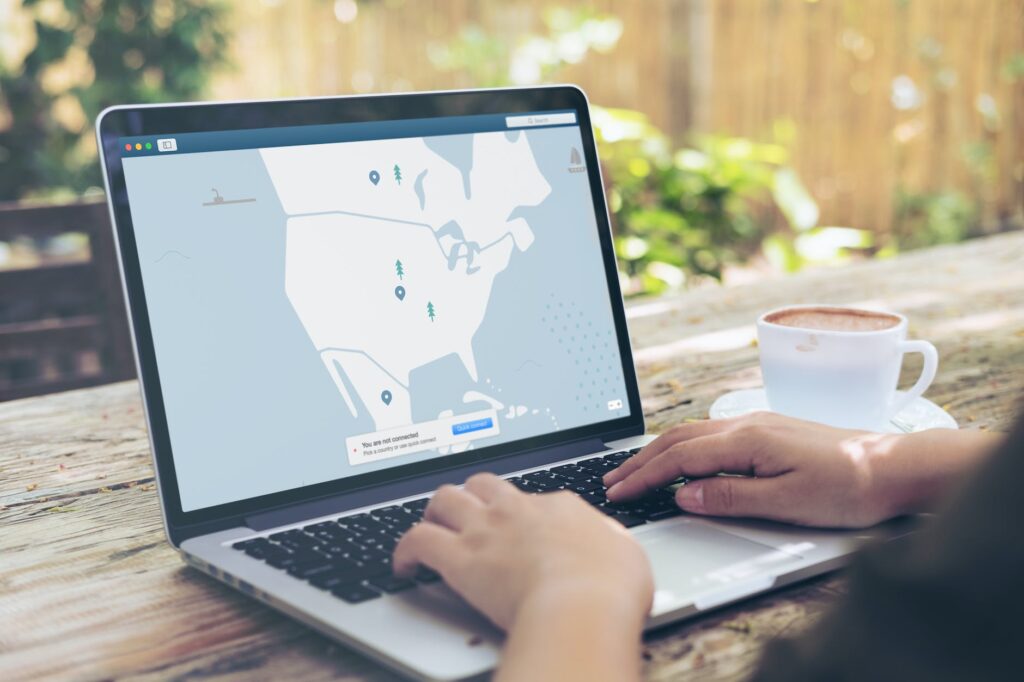Ultimate Guide to Online Safety: Elevate Your Security with VPNs
In our increasingly digital world, being online is an integral part of everyday life. While the internet offers vast opportunities, it also presents various threats to your privacy and security. This guide will help you understand the importance of Virtual Private Networks (VPNs) and how they can protect you while browsing the web.
Understanding the Importance of Online Security
As cyber threats such as identity theft, malware attacks, and data breaches become more sophisticated, protecting your personal information online is more critical than ever. VPNs offer a robust solution by encrypting your data, ensuring privacy, and providing secure internet access.
What is a VPN and How Does it Work?
A VPN, or Virtual Private Network, is a service that encrypts your internet connection, making it more secure and private. When you connect to a VPN, your internet traffic is routed through a secure tunnel to the VPN server, masking your IP address and shielding your data from prying eyes. This process helps prevent unauthorized access to your sensitive information.
Key Benefits of Using a VPN
- Enhanced Privacy and Anonymity: By masking your real IP address, a VPN helps maintain your anonymity online, making it harder for advertisers and third parties to track your browsing habits.
- Secure Data Transmission: VPNs encrypt your internet data, offering protection against hackers, especially when using public Wi-Fi networks, which are typically less secure.
- Bypass Geographical Restrictions: Access content that may be restricted in your region by connecting to VPN servers in different countries. This is particularly useful for streaming services and websites that enforce geographical blocks.
- Avoid Bandwidth Throttling: Some internet service providers (ISPs) may intentionally slow down your connection based on your online activities. A VPN can help you circumvent these speed-bumps by masking your traffic.
How to Choose the Right VPN for Your Needs
When selecting a VPN, consider the following factors:
- Security Features: Look for VPNs with strong encryption protocols, no-log policies, and additional security features such as kill switches and DNS leak protection.
- Server Locations: Ensure the VPN has a wide range of server locations to maximize accessibility and speed.
- User-Friendly Interface: A straightforward and intuitive interface simplifies setting up and using the VPN service.
- Reliable Customer Support: Opt for a provider that offers excellent customer service in case of technical issues or questions.
How to Set Up a VPN
Setting up a VPN varies slightly depending on the device and operating system you are using. Here’s a general step-by-step guide:
- Select a VPN Provider: Choose a reputable VPN service and sign up for an account.
- Download and Install the VPN App: Download the app for your specific device from the provider’s website or your device’s app store.
- Log into Your Account: Use your credentials to log into the app after installation.
- Select a Server Location: Choose a server location based on your needs, whether it’s bypassing geo-restrictions or optimizing speed.
- Connect to the VPN: Click the connect button to encrypt your connection and start browsing securely.
Maintaining Online Safety Beyond VPNs
While VPNs are an excellent tool for enhancing online security, consider additional measures:
- Use Strong, Unique Passwords: Regularly update passwords and use a combination of letters, numbers, and symbols.
- Enable Two-Factor Authentication: Add an extra layer of security to your accounts by requiring a second form of verification.
- Stay Updated: Keep your operating system, apps, and antivirus software up to date to protect against vulnerabilities.
FAQs
Q: Can a VPN slow down my internet connection?
A: Yes, using a VPN can potentially reduce your internet speed due to the encryption process and the distance from the VPN server. However, choosing a high-quality VPN provider can minimize any noticeable slowdown.
Q: Is it legal to use a VPN?
A: VPNs are legal in most countries. However, certain jurisdictions may have restrictions. It’s important to familiarize yourself with the laws related to VPN use in your location.
Q: Do VPNs ensure complete anonymity?
A: While VPNs enhance privacy and security, they do not ensure complete anonymity. It’s crucial to remain cautious about online behavior and the information you share.
Q: How does a kill switch work in a VPN?
A: A kill switch automatically disconnects your device from the internet if the VPN connection drops, preventing your data from being exposed.
Using a VPN is a practical way to secure your online presence and protect personal information. By following the best practices outlined here, you can enhance your internet security, evade cyber threats, and enjoy unrestricted access to global content.



